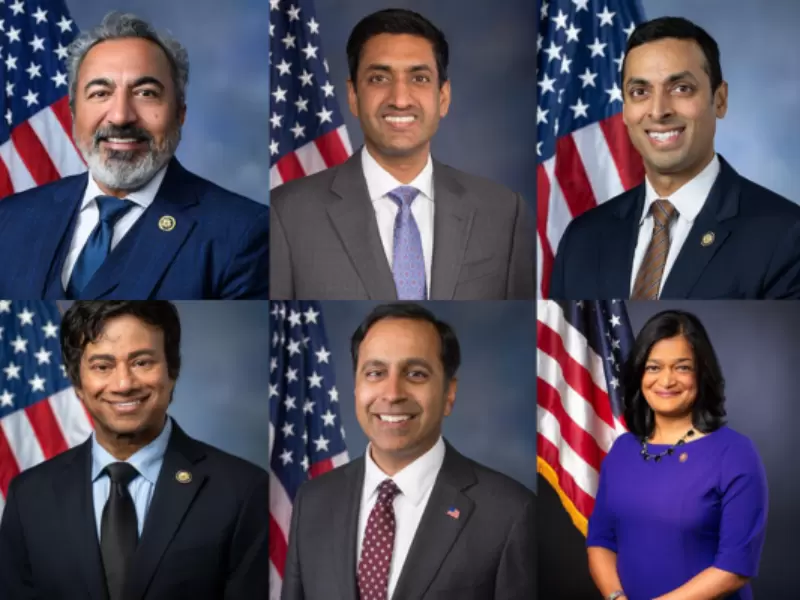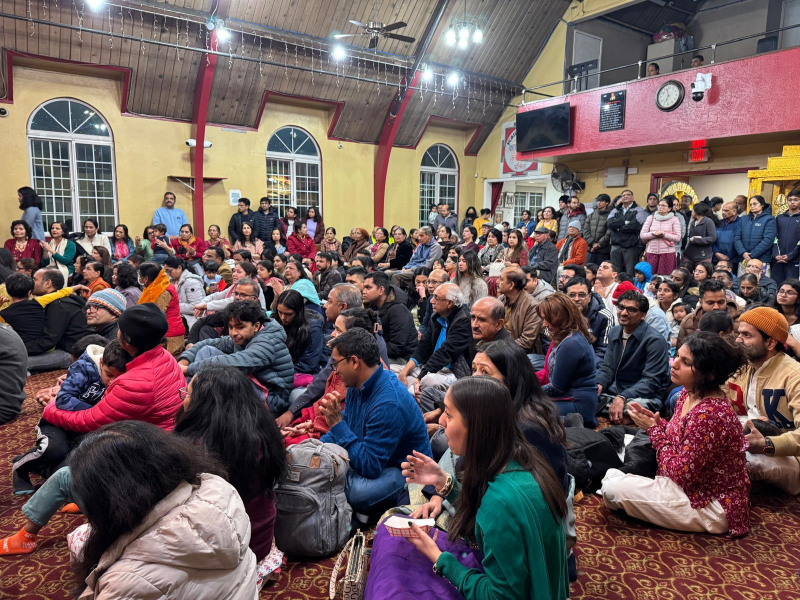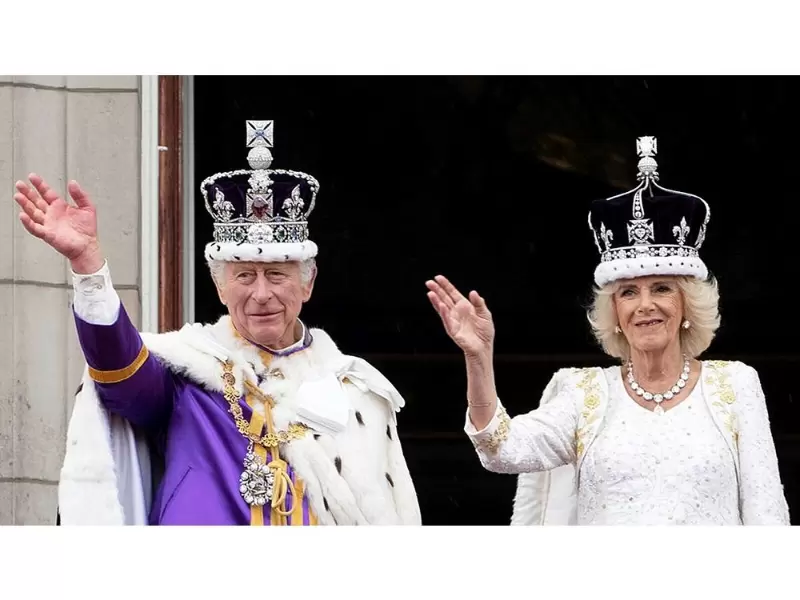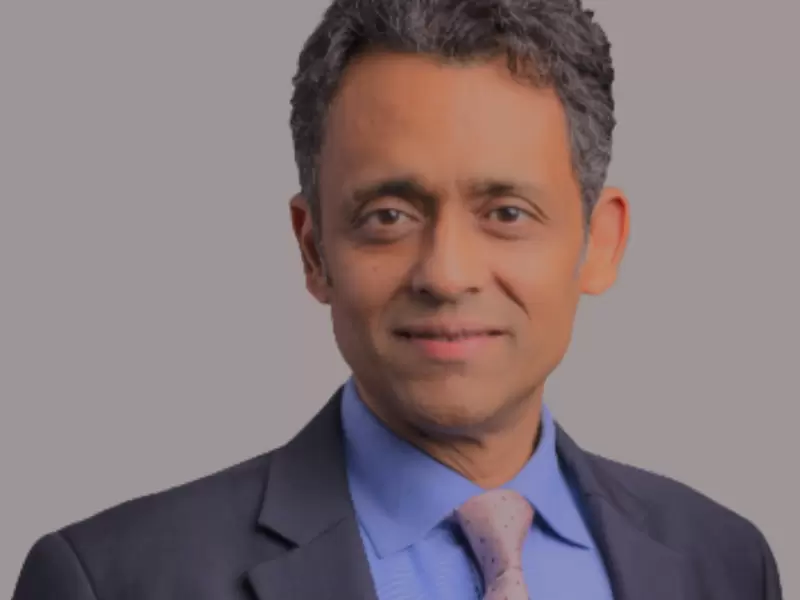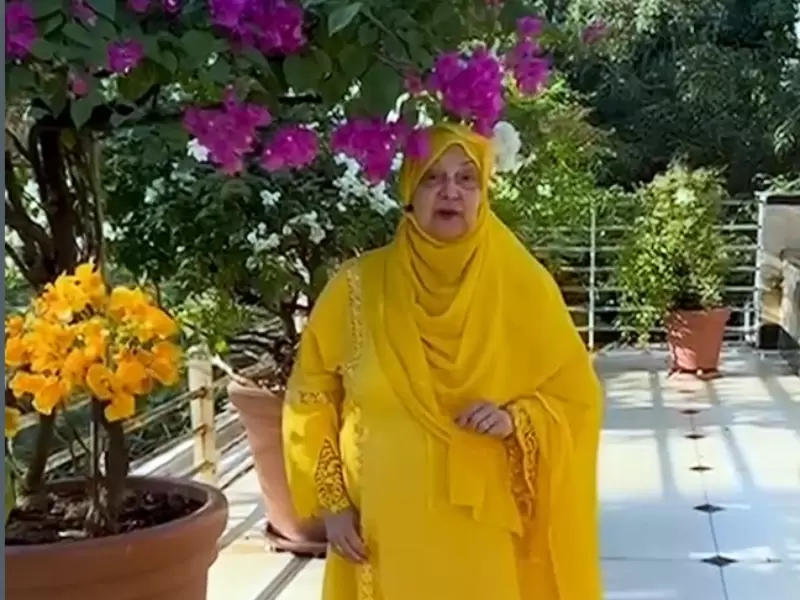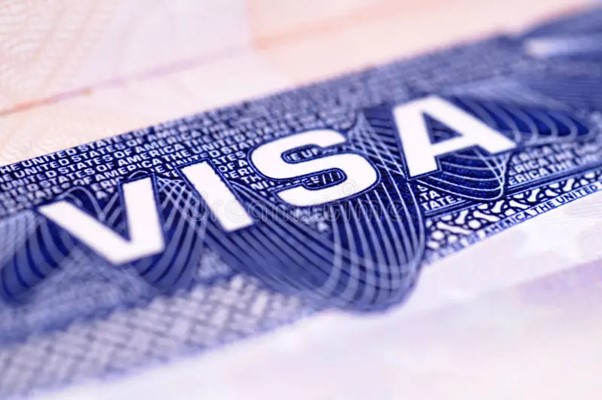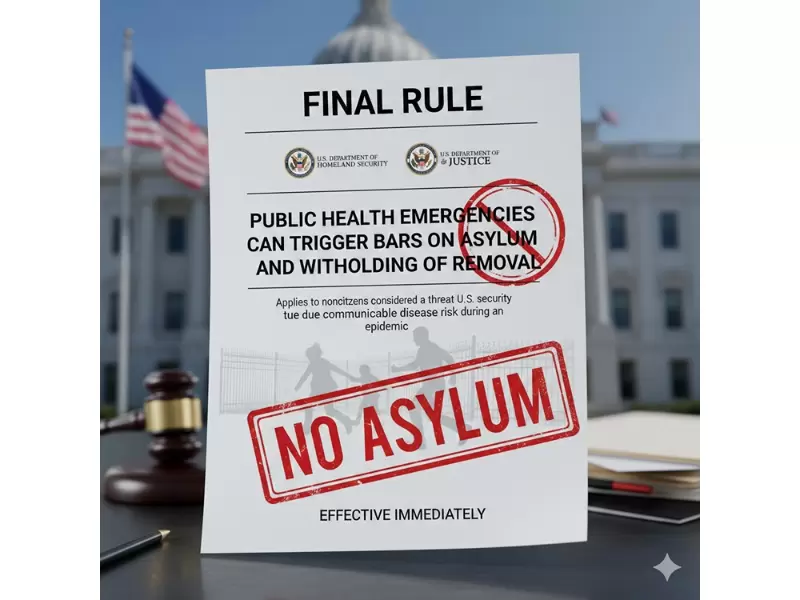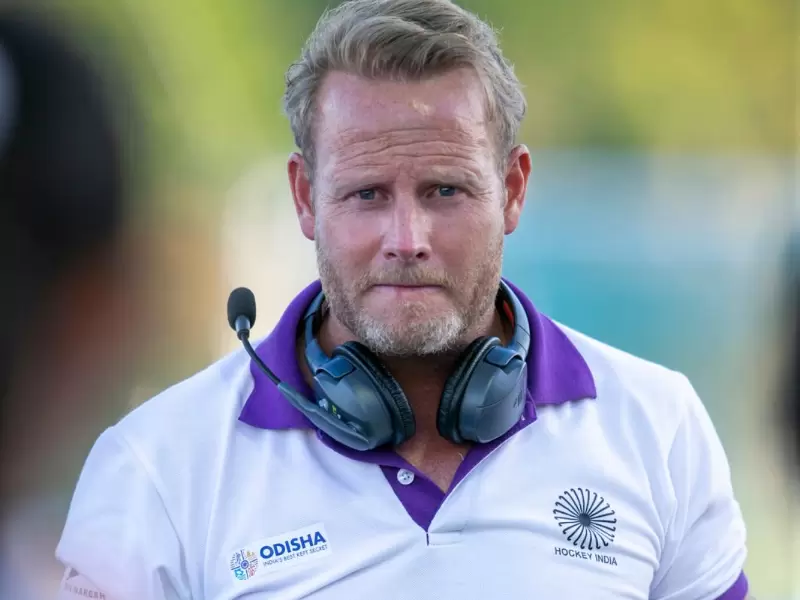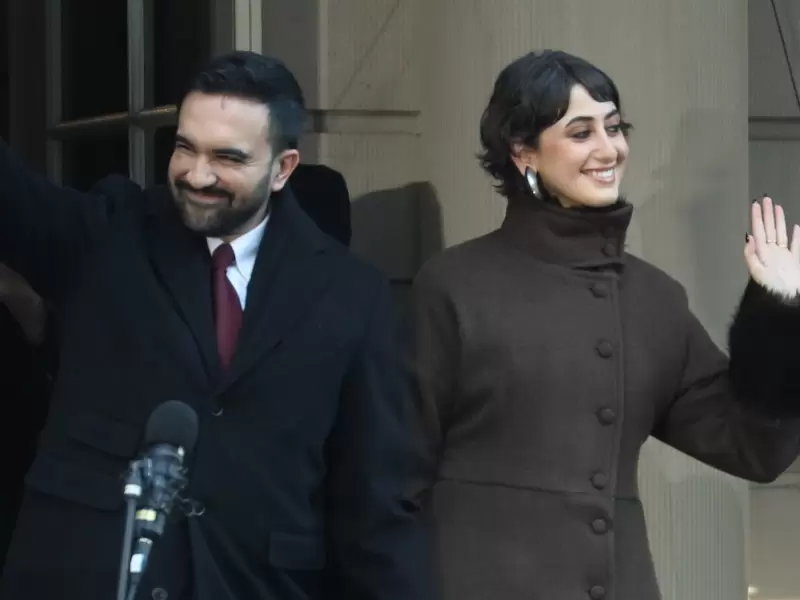ADVERTISEMENT
POP
See MoreCommunity
See MoreIndian high school’s alumni fund aid for underprivileged students
The reunion brought together alumni based across India and abroad.
-
BAPS donated 2000 pounds of food to The Downtown Mission of Windsor, an organization focusing on the homeless community.
-
The event is held once every five years, as a forum for senior functionaries and volunteers associated with Hindu organizations...
-
Interfaith advocates condemn treatment of Muslim women after Bihar chief minister’s actions at government event.
ADVERTISEMENT
Videos
View AllOpinion
See MorePeople
See MoreIndian origin names in UK’s New Year Honors 2026 List
Formal investiture ceremonies are scheduled to take place across the United Kingdom during 2026.
-
The award recognizes research that enables hybrid crops to retain high yields across generations.
-
In honor of the donation, the auditorium will bear the Bhats’ name as a permanent acknowledgment of their support.
-
Vergadia shared her journey from failing IIT twice to landing jobs in big tech like Google and Microsoft, writing books,...
ADVERTISEMENT
Entertainment
See More
Brian King Joseph, who previously competed on “America’s Got Talent,” joined the first leg of Smith’s tour in March 2025 for a show in Las Vegas,
-
Vels Film International, the production house that is producing the film, shared a BTS video that featured clips of all...
-
The images showed the actor immersed in Flow by Mihaly Csikszentmihalyi, whose work on flow has shaped thinking across art,...
-
Saira took to Instagram, where she shared a string of...
-
Backed by Bhushan Kumar, Krishan Kumar, J.P. Dutta, and Nidhi...
-
ADVERTISEMENT
Immigration
See More
The investor hailed India's talent and said that the West wants to recruit Indians only because "Indian talent is the envy of the world."
-
The post comes as the UK considers extending settlement timelines for most migrants to up to 10 years.
-
Court records state that Naveen, a citizen of India, entered the United States on April 18, 2023, from Mexico without...
-
For January 2026, USCIS has decided to continue to use...
-
On Dec. 2, USCIS paused all pending asylum applications for...
Food
See More-
Instagram content creator Anushk Sharma shared a heartfelt review of the Michelin starred Indian restaurant in Chicago.
-
The menu draws from Lucknow’s narrow lanes, Delhi’s Mughal-era durbars, Hyderabad’s Nizami kitchens and the coastal food cultures of Tamil...
-
ADF Foods is a fourth-generation family-owned leader in gourmet frozen
-
Chef came to Dallas on a very short visit over...
-
The fast-casual Indian chain expands with a growing U.S. footprint...
-
The rebranded restaurant features team-themed visuals and a stadium-style atmosphere...
-
Attendees will receive a tour of the kitchen, observe operational...
-
Onset of illness occurred between Nov. 28 and 29, with...
SPORTS NEWS
See MoreIn 2026, the shortest format will be in focus big...
ਮੰਧਾਨਾ ਹੁਣ ਮਿਤਾਲੀ ਰਾਜ, ਸੂਜ਼ੀ ਬੇਟਸ ਅਤੇ ਸ਼ਾਰਲਟ ਐਡਵਰਡਸ ਤੋਂ...
This marked to be Jerrssis Wadia’s second BBL game, and...
India raced to 61/0 at the end of the powerplay,...
News
See More-
ADVERTISEMENT
Please enter something
- Asian Americans
- Biz
- Books
- Canada
- Community
- Culture
- Dating
- Diplomacy
- Diwali
- Editor picks
- Editorial
- Explainers
- Fashion
- Features
- Food
- Immigration
- India
- India Decides '24
- India Independence Day
- Letters to the Editor
- Life
- Maha Kumbh
- Movies+
- News
- Opinion
- People
- Ram Mandir
- Reviews
- Sports
- Spotlight
- Tech
- Travel n’ Diplomacy
- Trump 2.0
- UK Votes 2024
- US Elections 2024
- USA
- West Coast





